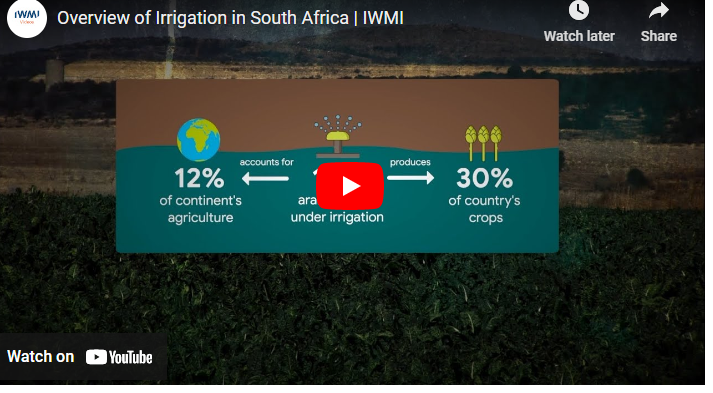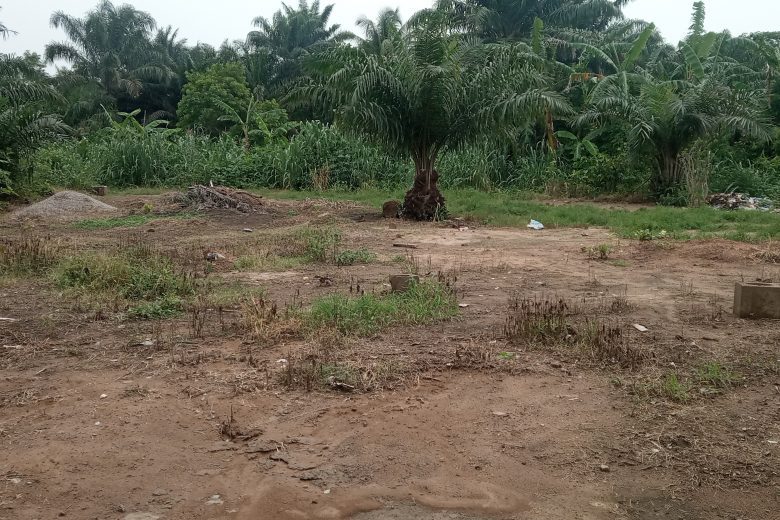Soil testing is an important part of a healthy garden or landscape. It can help you determine what nutrients your soil needs and how to adjust the soil pH to ensure optimal plant health. Testing your soil can be done either at home with a soil test kit or in a laboratory. Here is a step-by-step guide for both methods.
How To Do Soil Test For Your Farmland [Laboratory Vs. Home Kits Guide]
A Home Soil Test Kit is a kit used by homeowners to test the quality of their soil. The kits typically include a range of test strips, reagents, a pH meter, and instructions on how to use the various components to measure pH, nutrient levels, and other soil parameters. Results from the kits are typically used to identify soil deficiencies, informing the homeowner of what amendments may be necessary to improve soil quality.
Home Soil Test Kit Step-By-Step Guide
- Collect soil samples from at least three different areas of your garden or landscape. Take samples from the top six inches of soil, using a trowel or shovel. Mix the samples together in a clean container.
- Follow the instructions on your soil test kit to determine what type of soil test you need to do. Most kits include test strips or reagents to measure pH, nitrogen, phosphorus, and potassium.
- Fill a container with soil and add the reagents or test strips as directed. For pH tests, you will need to measure the pH level by comparing the color of the soil to the color chart that comes with the kit.
- For more detailed tests, you will need to measure the nutrient concentrations in the soil. This can be done by adding a solution to the soil and measuring the amount of light that passes through the solution with a light meter.
- Record the results of your test, and compare them with the ideal levels for your particular plants. If the levels are not ideal, you may need to amend the soil with additional nutrients or adjust the pH.
Laboratory Soil Test Method
Laboratory soil tests measure the physical and chemical characteristics of soil, such as pH, texture, organic matter content, and nutrient levels. These tests are typically conducted by a professional soil laboratory and can be used to determine the suitability of soil for a particular use, such as gardening, farming, or construction.
The results of these tests can be used to make decisions about soil management, such as soil amendment or the addition of fertilizer.
Laboratory Soil Test Step-By-Step Guide
- Collect soil samples from at least three different areas of your garden or landscape. Take samples from the top six inches of soil, using a trowel or shovel. Mix the samples together in a clean container.
- Contact your local extension office or agricultural department for information on where to send the soil sample.
- Follow the instructions provided by the laboratory to prepare the soil sample for testing. This usually involves drying the soil sample and grinding it into a powder.
- Send the sample to the lab with a form that specifies what type of test you would like to have performed. Common tests include pH, nitrogen, phosphorus, and potassium levels.
- Once the results are in, compare them with the ideal levels for your particular plants. If the levels are not ideal, you may need to amend the soil with additional nutrients or adjust the pH.
Laboratory soil test Vs. Home soil test kits
A laboratory soil test and home soil test kits are two methods available to new farmers to determine the fertility of their soil. The laboratory soil test provides an accurate and comprehensive analysis of soil fertility and is the preferred method for those seeking a detailed report.
This method is more time-consuming and expensive as samples must be taken and sent to a lab for evaluation.
The home soil test kit is a more convenient and cost-effective option for those who want a quick and dirty assessment of their soil’s fertility. This method is relatively simple to use and requires no special knowledge. The results from the kit may not be as detailed as those from the lab, but they are generally sufficient for most farming needs.
Summarily, the laboratory soil test is the more reliable and comprehensive option for new farmers, but the home soil test kit can be a great way to get a basic understanding of soil fertility. Both methods have their pros and cons, and it’s up to the individual farmer to decide which one is right for them.
Facts To Know About Soil Test As A Farmer
Soil testing is an important part of gardening, farming, and other land-management activities. It can tell us a lot about the health of the soil, and the nutrients available for plants to grow. Soil tests from a laboratory can provide detailed information about the composition of the soil and the nutrients it contains.
However, understanding the results of a soil test can be tricky. Here’s a quick fact to help you interpret soil test results from a laboratory.
1. Determine Your Goals:
Before you receive results from a soil test, you should first determine what you want to know about your soil. Do you want to identify nutrient deficiencies? Do you want to improve drainage? Knowing your goals can help you read the soil test with more clarity and understanding.
2. Read the Report Carefully:
Once you receive your soil test report, take your time to read it carefully. The report should contain information about the soil’s pH, nutrient levels, and other characteristics. Pay attention to any warnings or recommendations that the lab includes in the report.
3. Compare Results to Local Standards:
Different regions have different standards for soil health, so it’s important to compare your soil test results to the standards for your region. For example, if your soil has a low pH, that may not be a problem in some regions but could be a cause for concern in other regions.
4. Consider Nutrient Deficiencies:
If your soil test reveals nutrient deficiencies, you’ll need to take action to correct them. If you’re unsure how to do this, consult with a local expert or county extension agent. They can help you decide which amendments to add to your soil to improve its nutrient levels.
5. Consider Drainage Issues:
Soil tests can also reveal drainage issues. If your soil has poor drainage, that could be preventing your plants from getting the water and nutrients they need. If you notice drainage issues, you might need to invest in drainage solutions such as raised beds or drainage tiles.
By following these steps, you can better understand the results of your soil test and take steps to improve the health of your soil. Soil testing is an important part of land management and can help you ensure that your soil is in the best possible condition.
Conclusion
No matter which soil test method you choose, knowing the nutrient levels and pH of your soil is essential for a healthy garden or landscape. With the help of a soil test kit or laboratory soil test, you can be sure that your soil is providing the best environment for your plants.



